
You know how important keyword research is for website rankings; with it, you can find new topic ideas, outrank your competitors, and attract new customers. But what’s the best way to go about it?
With the help of a keyword tool, you can identify which phrases to target and how competitive they’ll be. This will give your website the edge it needs to overtake the competition in search results.
Need help choosing which keyword tool to use? You’ve come to the right place.
I’ve picked the top 10 tools for researching keywords. In this article, I’m going to break them down by features, price, and pros/cons. I’ve set out to compare all the most popular options to find the best keyword research tools.
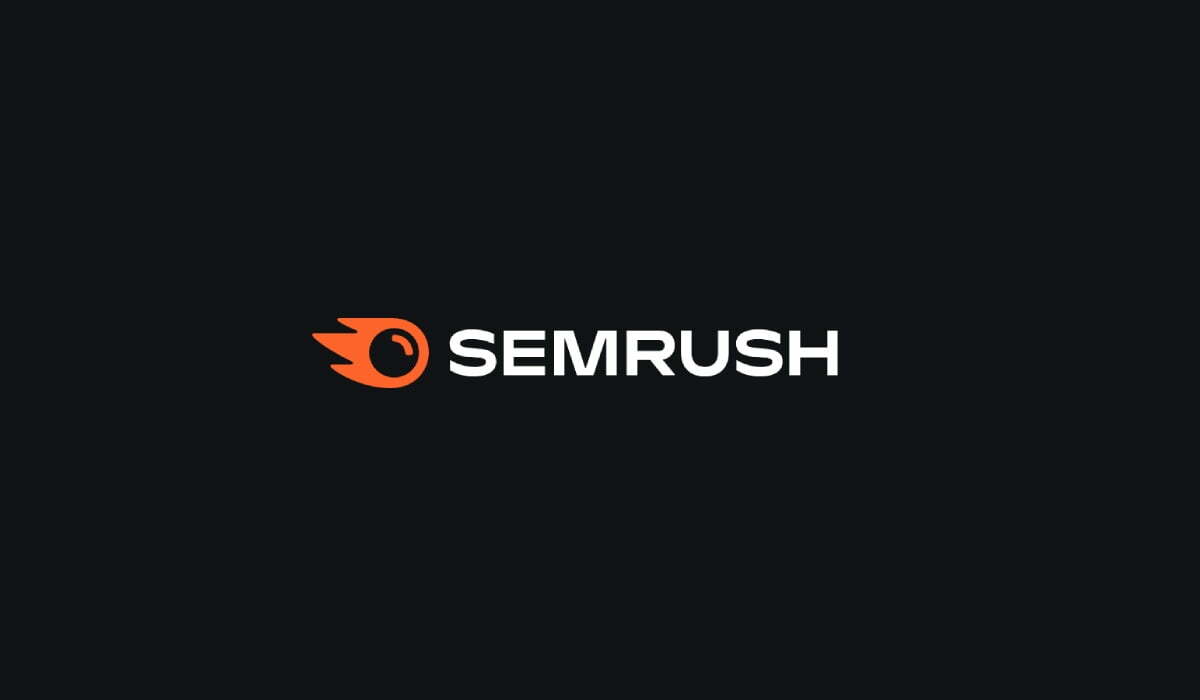

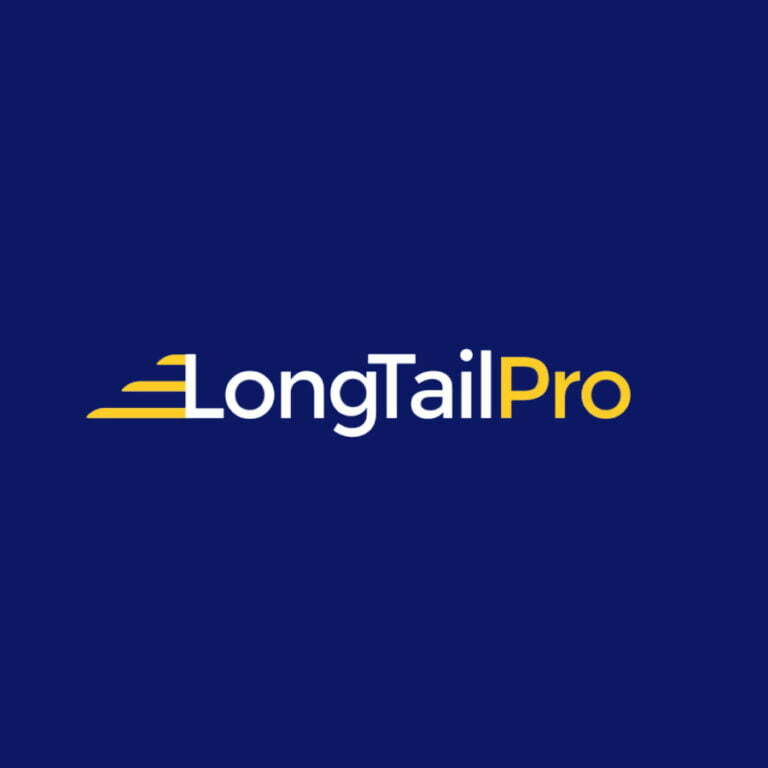

Semrush
Semrush Position Tracker is perfect for individuals, businesses, or agencies looking for an all-in-one SEO solution that also includes a top-notch SERP tracking tool.
Semrush: Some call it the be-all and end-all of keyword research tools. I’m going to take a closer look.
Semrush offers 5 different tools for keyword research:
All in all, Semrush is a pretty powerful keyword tool. You might not need all of these features, but you’re guaranteed to get a lot of use out of the Keyword Magic Tool.
See how Semrush compares against ahrefs.
You can try the keyword research tool for free (with limited features) as long as you create an account. But if you want to set up projects for multiple websites and track hundreds of keywords, you’ll need one of the premium plans.
Pricing starts at $119/month for the Pro plan, which is built for smaller businesses.
Even though Semrush is believed by many to be one of the best keyword research tools, that doesn’t mean it’s right for you! In this list, I’ve gathered plenty of other options if Semrush is out of your price range.

Ahrefs Keyword Explorer
Junior marketer or SEO expert, you'll find Ahrefs’ toolset powerful yet easy to master.
You don’t just want to skim the surface of keyword research. You want all the data you can get.
Check out the Ahrefs Keyword Explorer. You can use data from the world’s biggest search engines, including Google, Bing, and Yandex.
On the feature page, Ahrefs claims that you’ll never run out of keyword suggestions. A bold claim. But with a database of over 7 billion keywords, there’s evidence to back it up.
When I type in “interior design”, here’s what comes up:
Below, you’ll find a short list of related keywords and ideas (with the option to view thousands more):
The level of detail is what sets Ahrefs apart—see how many backlinks you need to rank first, who you’re competing with for first-page rankings, and the CTR of search results.
The Lite plan starts at $99/month. You can create and save up to 5 keyword lists. The next step up is the Standard plan; at $199/month, you can create 50 keyword lists.
You cannot buy tools separately, so if you want to try the Ahrefs Keywords Explorer, you need to pay for all the other tools, as well. Sure, they’re useful for SEO, but if you’re just looking for a keyword research tool, it’s a bit pricey.
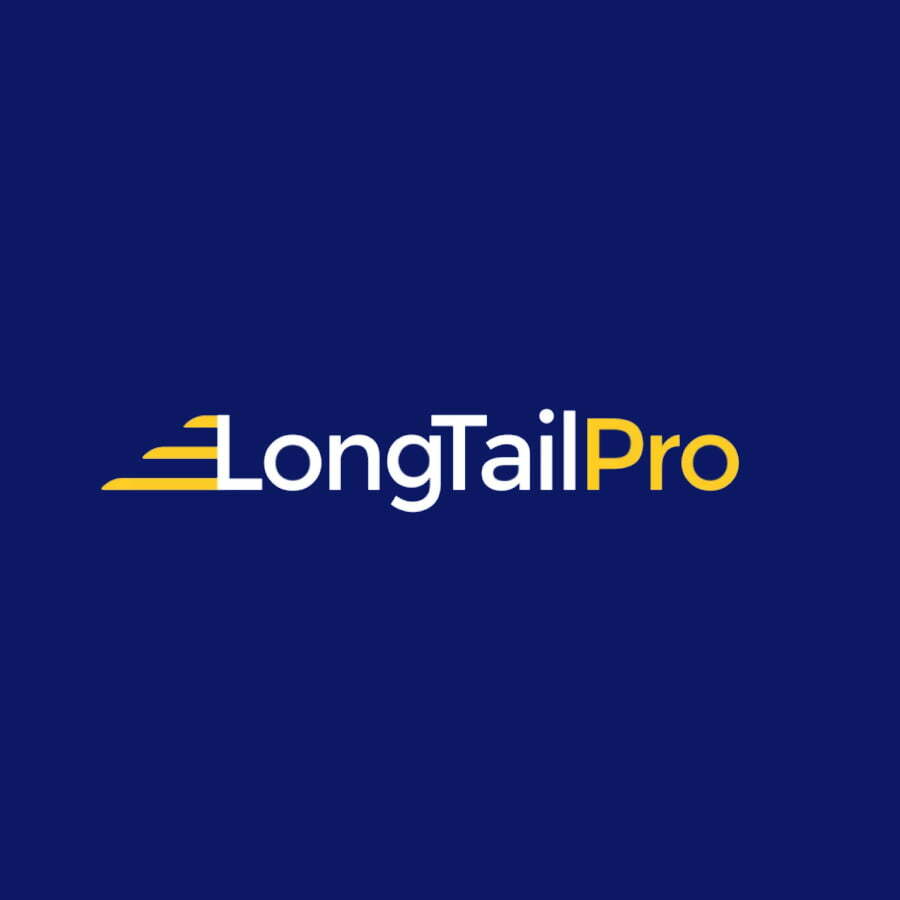
LongTailPro
Discover Long Tail Pro Keywords in Minutes to rank your site high in Google Search Results.
If this isn’t your first rodeo, then you know how tough it is to rank for short, competitive keywords.
What most SEOers do is target long-tail variations and build up relevancy; then, they can move on to the most competitive terms.
That’s what Long Tail Pro is for. A few key features of this keyword research tool include:
You’ll get a comprehensive overview of all the data you need.
Long Tail Pro combines keyword research with other SEO tools, including a rank tracker, backlink analysis, and SERP analysis. You can also use the Site Audit tool to identify technical SEO issues.
With the data you collect from Long Tail Pro, you can start ranking better for focus keywords. On top of that, you can come up with new content ideas for niche topics.
Cost is what sets Long Tail Pro apart from others on this list: It’s pretty expensive.
Even though the app comes with a ton of features, the bulk of the value you get comes from the keyword research tool. This will cost you $67/month (and just $8 for the first 8 days).
There’s no way to use it for free—you must sign up for the $8 trial to use any of the features. But in addition to keyword research, you can also track rankings, analyze backlinks, and audit your website.

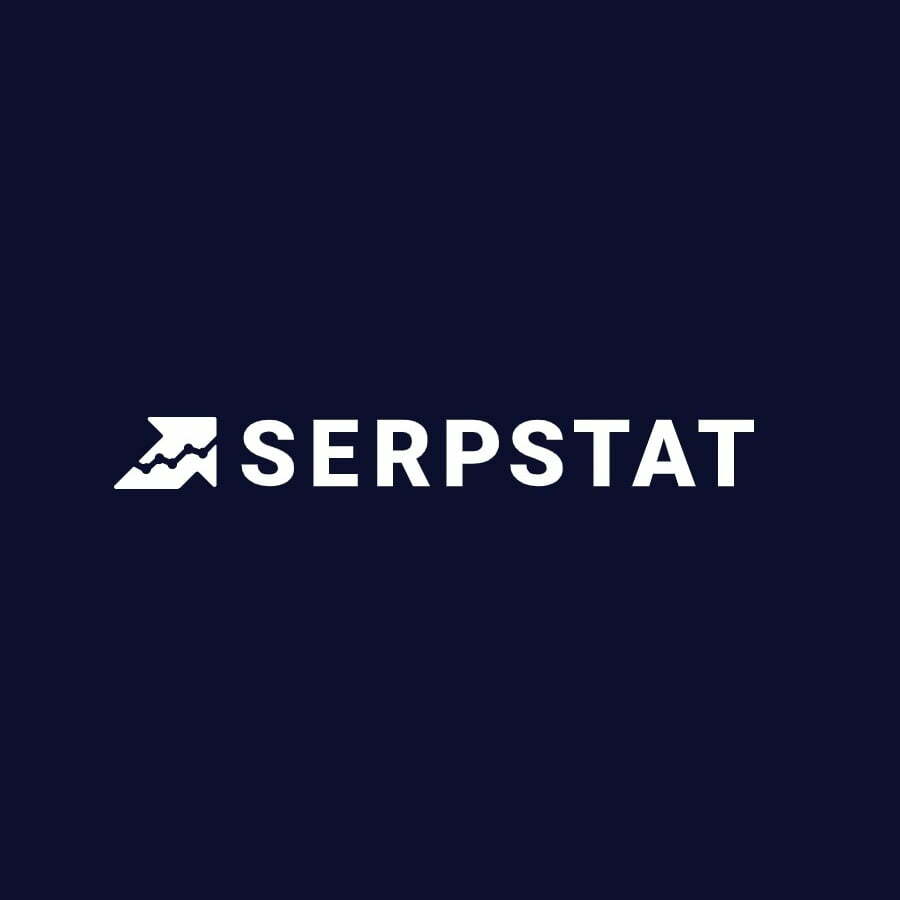
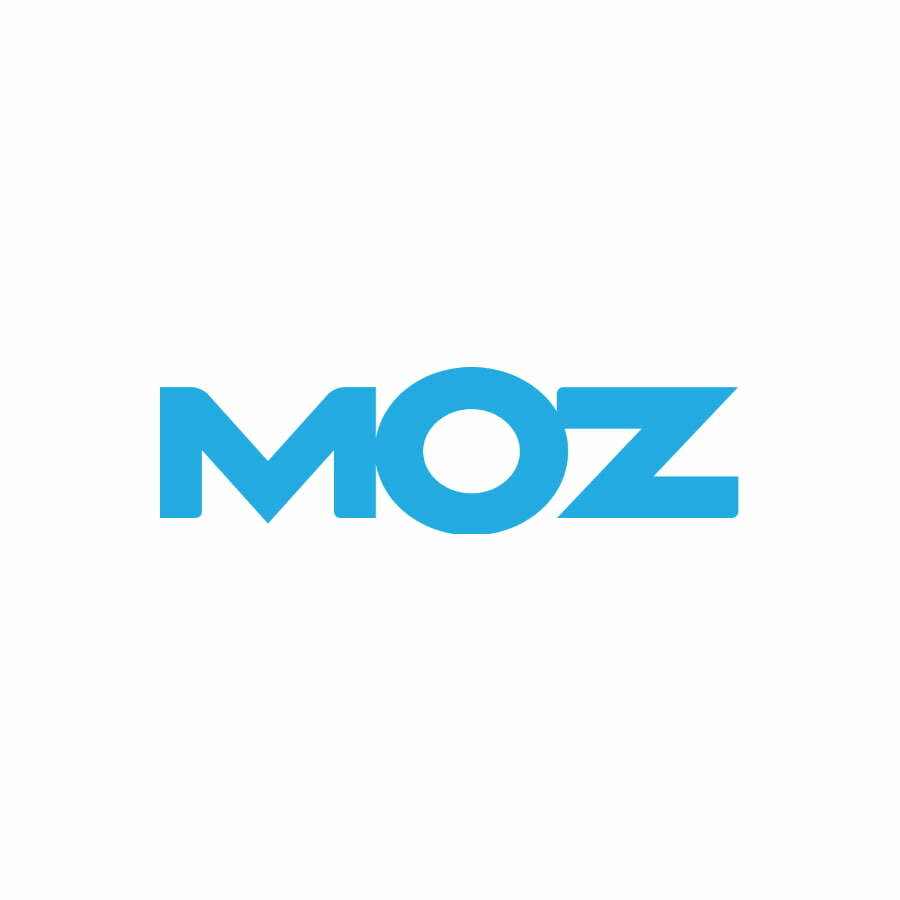

Google Keyword Planner
Google Keyword Planner is one of the best free keyword research tools. It’s simple, easy to use, and gives you plenty of keyword ideas. The purpose of this tool is to help advertisers choose which keywords to bid on for Google Ads. But it’s often utilized for SEO purposes since it gives a great deal of keyword data.
You can see related keywords, monthly search volume data, and competition (for Google Ads).
Free! However, to unlock all the features, you need a Google Ads account (and that requires you to provide your credit card information).
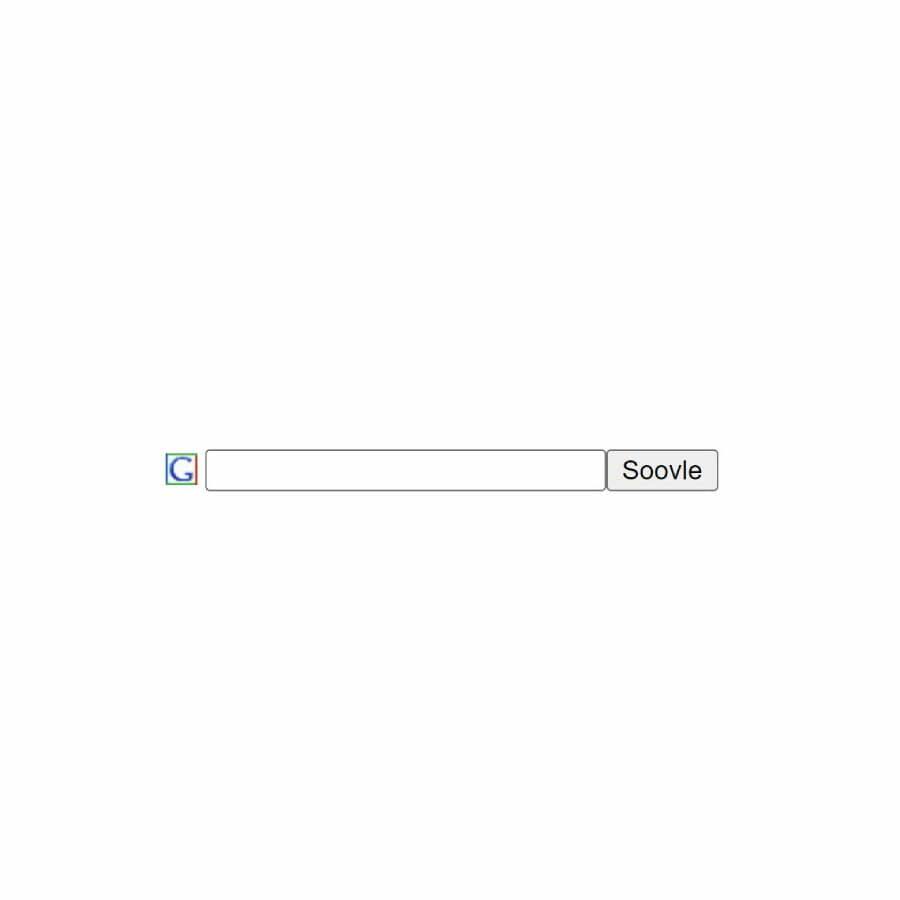
Soovle
Looking for keyword suggestions? Check out Soovle; a free tool that gives you plenty of keyword ideas. Soovle shows you related searches for any keyword you need.
The main draw here? You can scrape keyword suggestions from multiple search engines, including Bing, Yahoo, Amazon, and (of course) Google.
With multiple search engine options, you can include the ones you want and remove the ones you don’t. Better yet, all this data is compiled for you in one place, so it’s easy to see which keywords to focus on.
To use it, choose your search engines, and type your keyword into the search bar.
And if you want to use a suggestion later, drag it from the list into the book icon at the top left.
Free. Yup, you won’t pay a dime to use this tool. It doesn’t get much better than that. You get unlimited searches per day at no cost.

Jaaxy
Jaaxy offers a ton of data about your keyword of choice. It’s a keyword research tool that was developed by affiliate marketers. It’s not the most well-known tool, but it is one of the most powerful. It’s been around for 10+ years and has only gotten better.
To use it, enter your keyword, and wait for your results to load.
Here’s what keyword data Jaaxy pulled up for that term:
There are a few metrics to make note of here:
On the side, you’ll see a list of related terms. This is pretty useful if you need to brainstorm topic ideas or you want to target less-competitive keywords.
You can sign up for a free trial and get 30 free searches.
Or, sign up for a premium plan. The Pro plan costs $49/month, and the Enterprise costs $99/month. As you’d expect, each plan gives you more searches, more features, and higher speeds.

AnswerThePublic
Are you stuck writing about the same topics? Looking for inspiration to level up your content creation? AnswerThePublic is the tool for you. Using autocomplete data from the two biggest search engines and nearly every country in the world, AnswerThePublic provides long-tail keywords related to your main keyword.
What makes AnswerThePublic different from other keyword research tools? It turns keyword data into visual data. Here’s a look at the sprawling map it creates for “interior design”:
AnswerThePublic asks questions, makes comparisons, and collects related keyword ideas, then organizes the information in a visual graph. But if you prefer a traditional list, you can change the view.
There’s one more feature I want to mention: Search Listening Alerts. Keyword data is not stagnant; it changes constantly, just like the world around us. Track your target keyword with alerts sent straight to your email; you’ll be the first to know when new phrases and questions start trending.
There’s no other keyword research tool quite like AnswerThePublic. With its plethora of data and convenient visual graphs, it’s one of the best keyword research tools out there.
You get 3 free searches a day, which is better than nothing, but it’s not ideal for large agencies. If you want to use this tool regularly and get unlimited searches, the pricing plans are as follows:
If you’re running an agency where you need to add unlimited users and set up search listening alerts, you might consider the Expert plan. But for most, the Monthly or Annual plan will suffice.

Serpstat
Serpstat is marketed as an “All-in-One SEO Platform”. Keyword research isn’t the only feature, but it is one of Serpstat’s best features. Not only does it help you rank in organic searches, but you can use it for your Google Ads campaign, too.
Once you sign up for an account, you’re free to start using the software. Here’s a look at what this keyword research tool has to offer:
At the very top, we have a few important search metrics (which you’re familiar with by now). You can see search volume data, keyword difficulty, and the cost per click for Google Ads containing that keyword.
Further down, there’s a list of organic and paid keywords, along with the search volume.
Like AnswerThePublic, Serpstat brings a visual component to keyword research, but in a very different way. Check out the competitor's graph, which allows you to see what you’re up against in search results:
This graph measures how relevant a competitor’s domain is for the keyword and how many search queries they rank for that contain the keyword. Put simply, the bigger the bubble, the bigger the competitor.
There’s a lot of data here; on the sidebar, you can see the top pages, competitors, and search questions for your keyword. If you're looking to do a deep dive into keyword research, Serpstat is the tool for you.
Serpstat offers a trial version that lets you get a feel for the tool, but it doesn’t unlock every feature.
There are four different pricing tiers to accommodate SEOers at all levels, whether you’re on your own or part of an enterprise. The least expensive plan starts at $69/month, but you can get a lower rate by paying for 3 or more months.
Considering all the features you get, the monthly price is quite a steal.

Moz Keyword Explorer
Do all keyword research tools give you the same set of keywords? Looking for something different? Moz can do that.
With Moz Keyword Explorer, you can discover new keywords, sift through related keywords, and sort those keywords by priority.
By now, this is probably sounding very familiar. But Moz brings a few additional metrics that other keyword research tools don’t.
For example, take the Priority meter. When you look up a keyword, you’re hit with all kinds of data: Search volume, keyword difficulty, and more. Someone new to SEO might not know how to make sense of it all. The Priority meter accounts for all that data and tells you whether it’s worth going after a particular keyword. Simple, right?
There’s also the Organic CTR metric. A Google search results page is made up of more than websites—there are also ads, featured snippets, and breaking articles. The more of these features on the page, the lower your CTR becomes (even if you rank first). With the Organic CTR metric, you can see the percentage of clicks you can expect if you’re on the first page.
Here’s the catch: You can’t buy the Moz keyword research tool as a standalone app. You need to pay for a bigger pricing plan if you want to access it beyond what the free trial offers.
To get full access to the keyword research tool, you need to buy the Medium plan at a whopping $179/month. That price is a big step up from some of the other tools listed here. But with it, you get lots of features along with keyword research, scheduled reports, thousands of keyword queries, and backlink analysis.
As far as paid keyword research tools go, Moz is one of the best. There is a 30-day free trial available, but you’ll need to enter your credit card to access it (and remember to cancel before the month ends, or you’ll get charged).
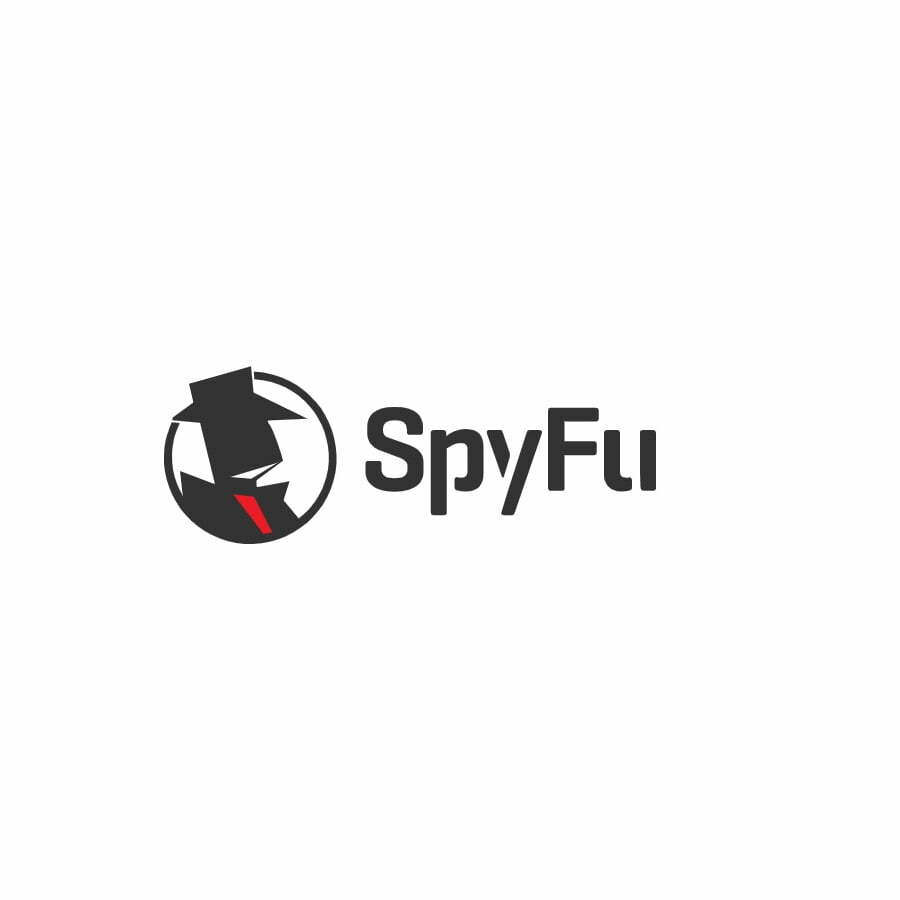
SpyFu
Are you working in an industry where everyone is doing SEO? You want to do keyword research, but how do you find an angle that another business isn’t already doing?
With SpyFu, that’s how.
As the name suggests, this keyword research tool lets you spy on the competition, specifically when it comes to Google Ads. See which domains you’ll compete with and how much they spend per month. Here’s what shows up for “interior design”:
When you type in a keyword, you’re greeted with all the usual metrics and keyword lists.
The “Clicked any result” meter is pretty unique. Imagine if you Googled something like “the definition of interior design”; you’d probably read the featured snippet without clicking any results. After that, you’d just close the browser.
That’s what this metric is for. The lower it is, the more likely a user is to search the keyword without clicking a result.
And on the sidebar, you can see even more information:
If you’ve learned anything from this post, it’s that “interior design” is not an easy keyword to rank for.
With the premium version, you can see how keywords change over time and compare your domain against competitors.
Click the Related Keywords tab, and you can find plenty of related queries. Sorted by search type, your options include:
You can look up any keyword or domain for free to get a sense of how SpyFu works. But to use it regularly and without limits, you’ll need to invest in one of their pricing plans.
The Basic SpyFu plan starts at $39/month. Not bad! With it, you get thousands of searches per month, access to historical data, and the ability to track keyword rankings.
Keywords are the backbone of your SEO strategy—use them properly by doing your keyword research first.
So, which of these are the best keyword research tools? Whether you’re looking for a free or paid version, lots of data, or just the most important stuff, you’re sure to find what you need in this list. Try one of the best keyword research tools today!
And click here to learn what to do AFTER keyword research.

Leave a Reply
You must be logged in to post a comment.